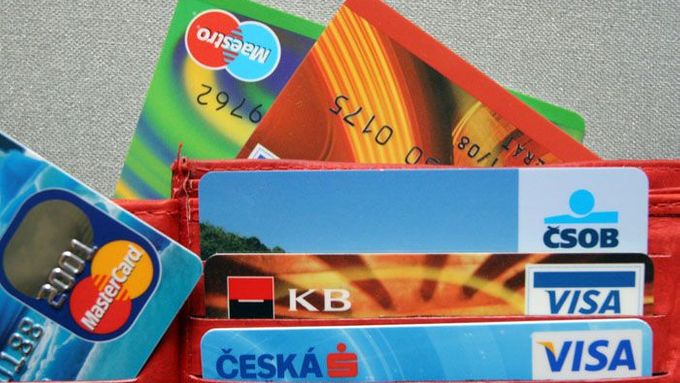Prague - If approved, a new law proposed by Prime Minister Mirek Topolánek will enable security service to monitor financial flows and collect data about bank account holders.
This proposal would make fight against terrorist threat more effective, say the politicians that back the bill.
However, those opposing it have already made themselves heard. "We don't like such changes," said Igor Němec, the president of the Office for Personal Data Protection.
"We always protest when a service - in this case, financial management - is used to achieve a different goal. This is a step towards the Big Brother society," warned Němec.
However, the watchdog organization has not presented its official stance to the issue yet, since the law preparation is in its very beginning.
"If such a competence of the secret services was to be included to the law proposal, we would challenge it," assured Němec.
Currently, the Czech secret service has no official authorisation to obtain information about private bank accounts. In case of suspicion of a crime for which investigation requires such data, secret services need to hand the case over to police. Policemen are entitled to have access to such data, but only on the condition of the public prosecutor's approval.
Hotel Savoy may be fined
Němec has also commented on the so-called Hotel Savoy case. A few days prior to the presidential elections, Aktualne.cz has released a footage of a secret meeting between two important political figures in the hotel.
Read more: Pre-election data leak looked into by security agencies
A meeting between lobbyist Jan Šlouf linked to former Social Democratic Prime Minister Miloš Zeman and one of the closest advisors of president Václav Klaus raised suspicions that the Civic Democratic Party (ODS) secretly tried to win a support of Social Democratic lawmakers for re-election of Klaus.
Igor Němec assured that his office is blaming the Hotel Savoy where the meeting took place for enabling the footage to go public.
Allegedly, the hotel abuses the camera system and doesn't warn the guests they are being monitored. Moreover, they had not informed the Office for Personal Data Protection either, as required by law.
The hotel can be fined with as much as 10 million CZK (400 thousand euro).
Before the final decision is made, the hotel may use its right to form their own stance.








